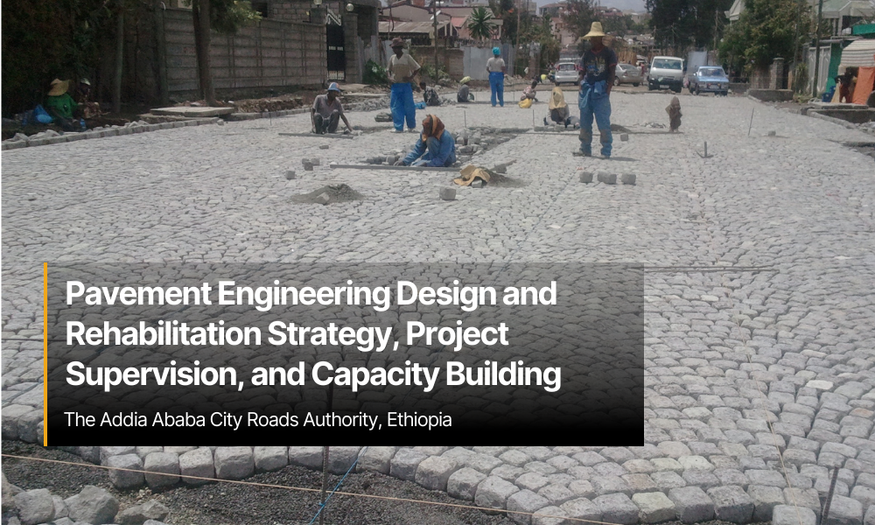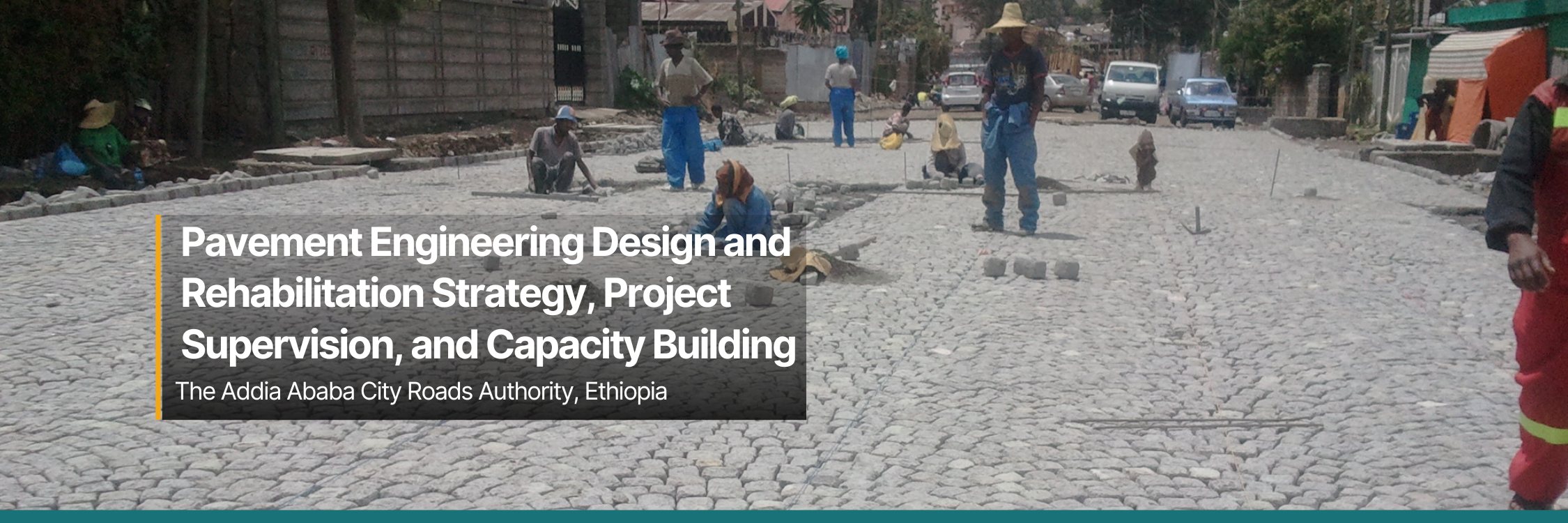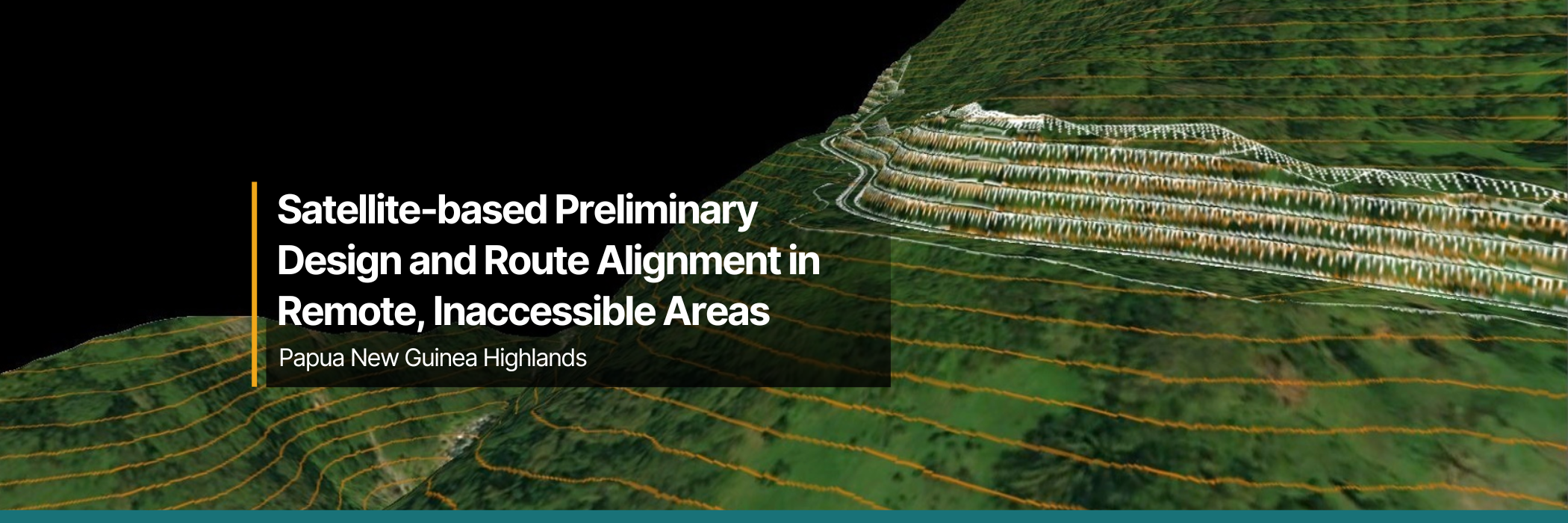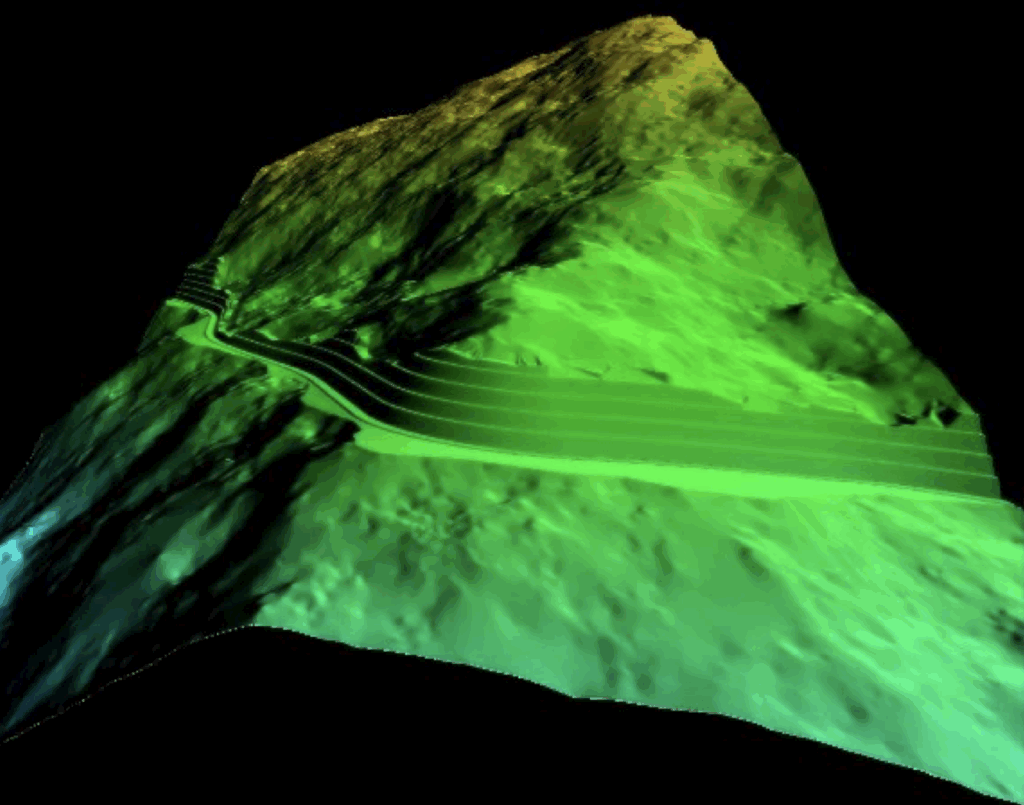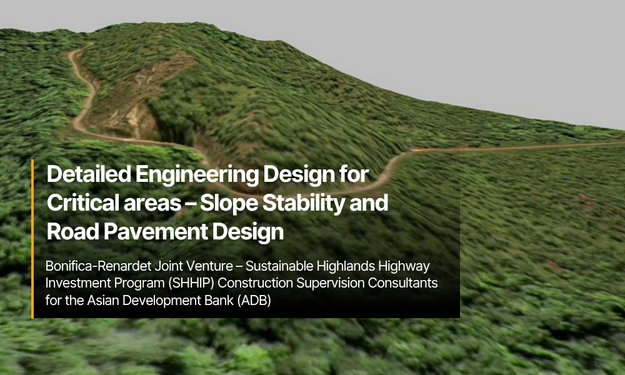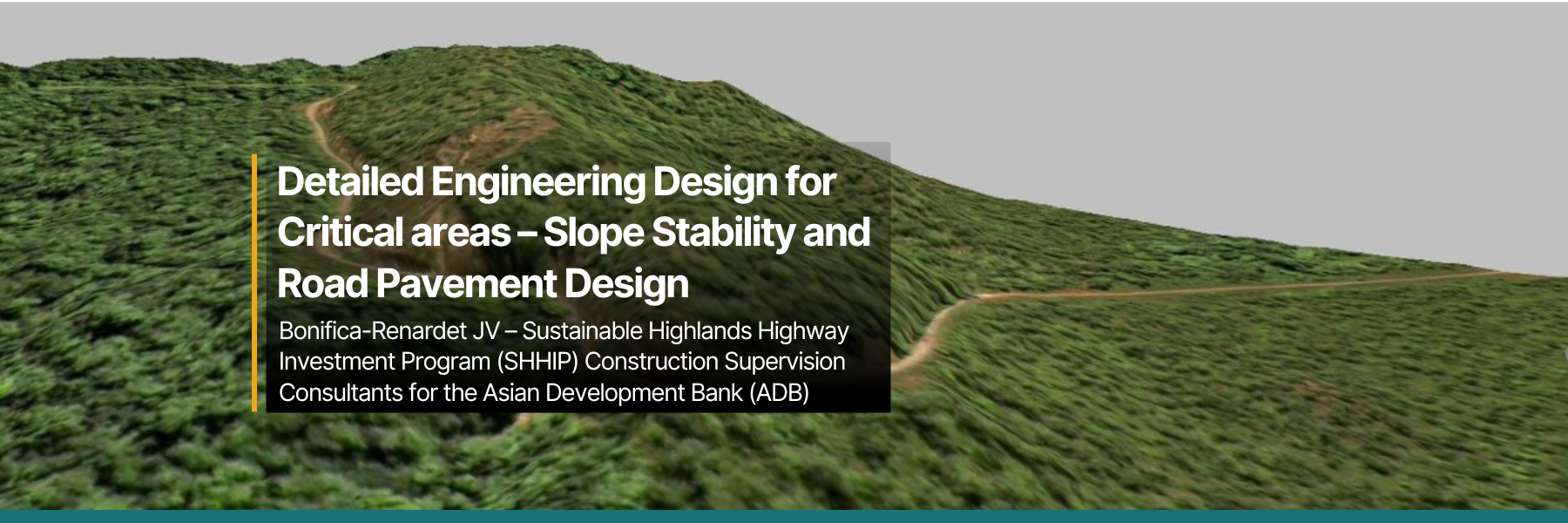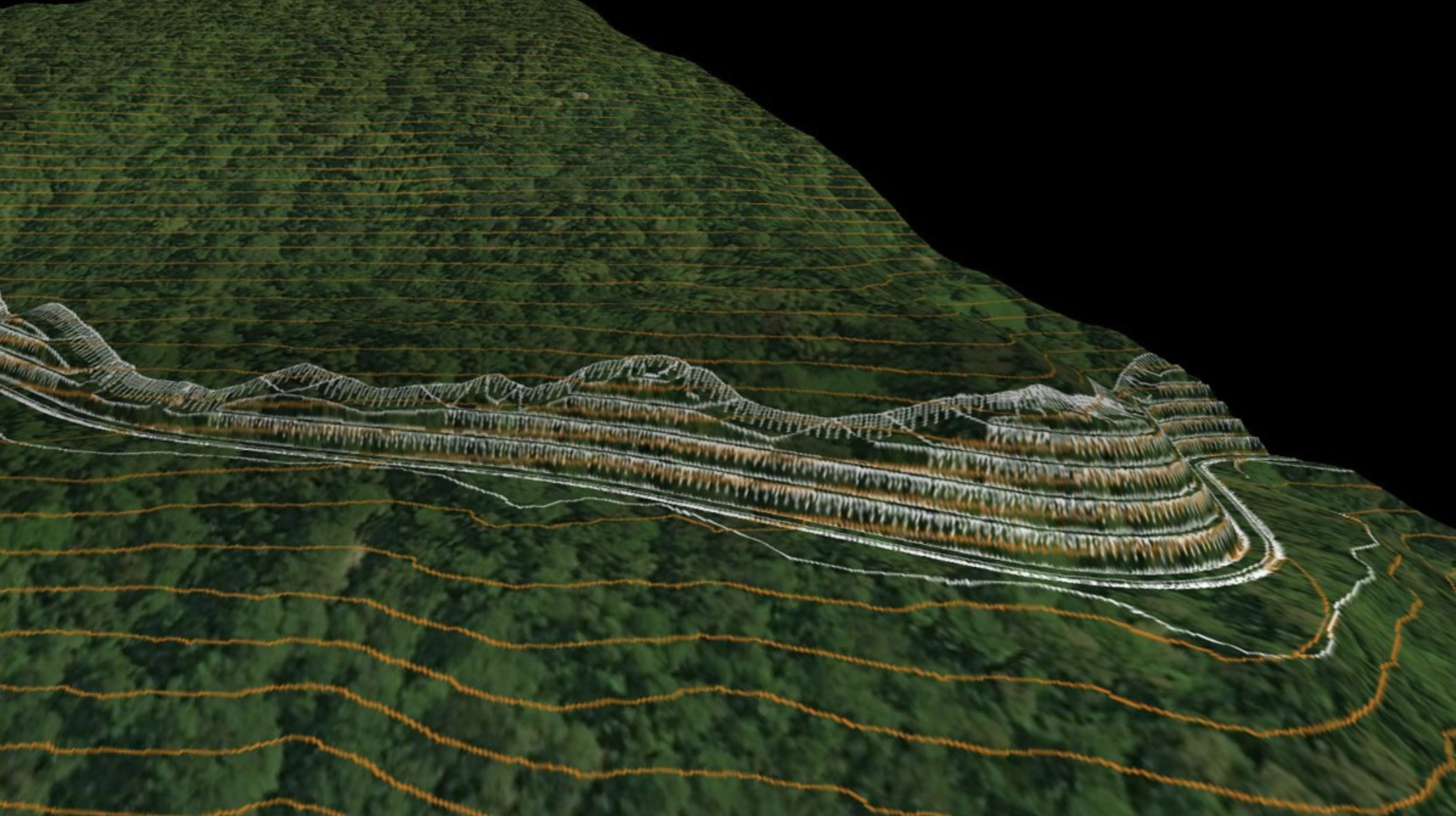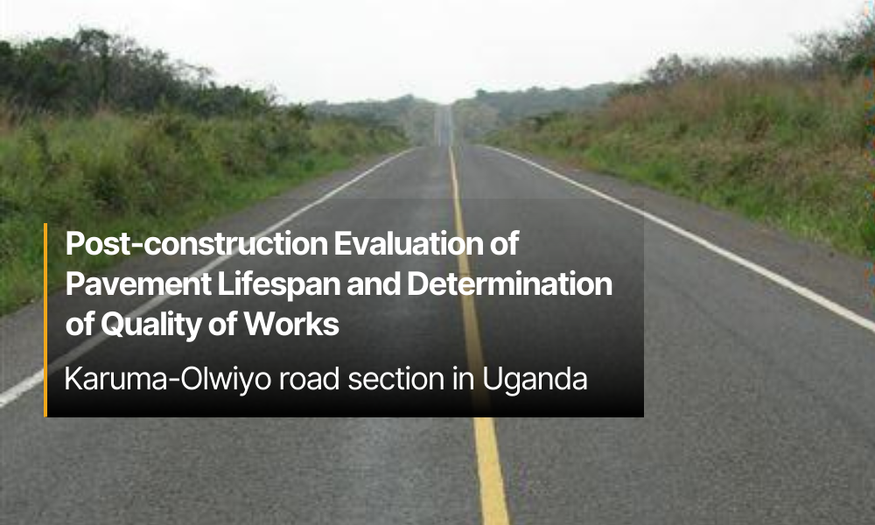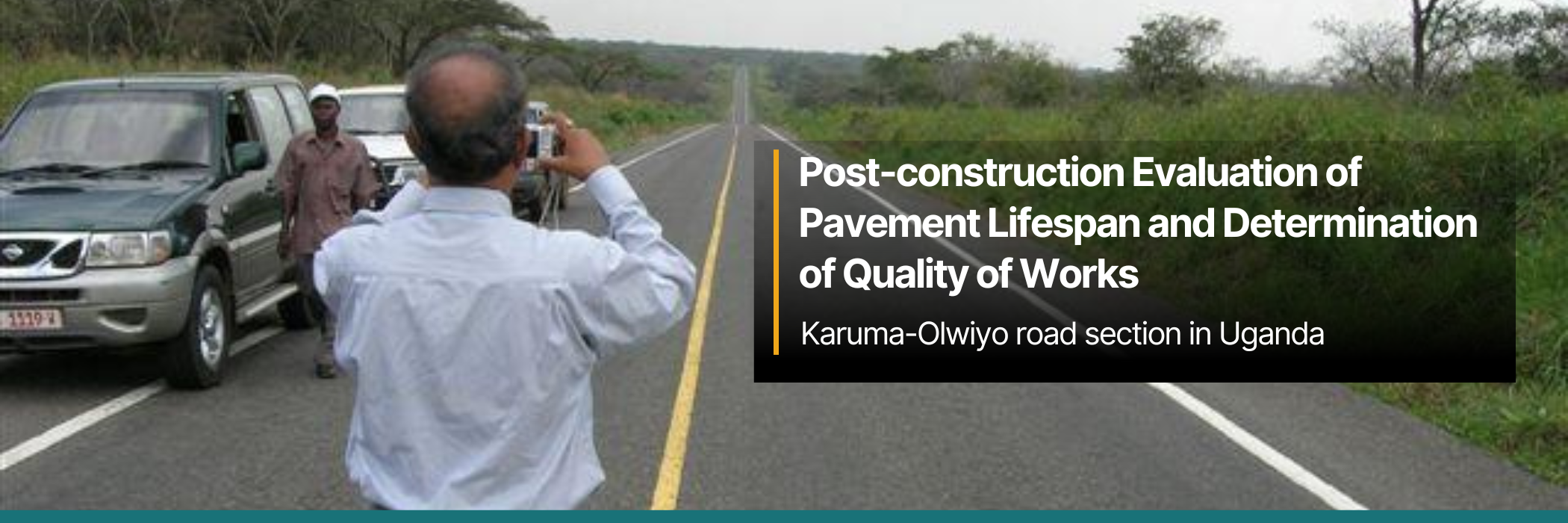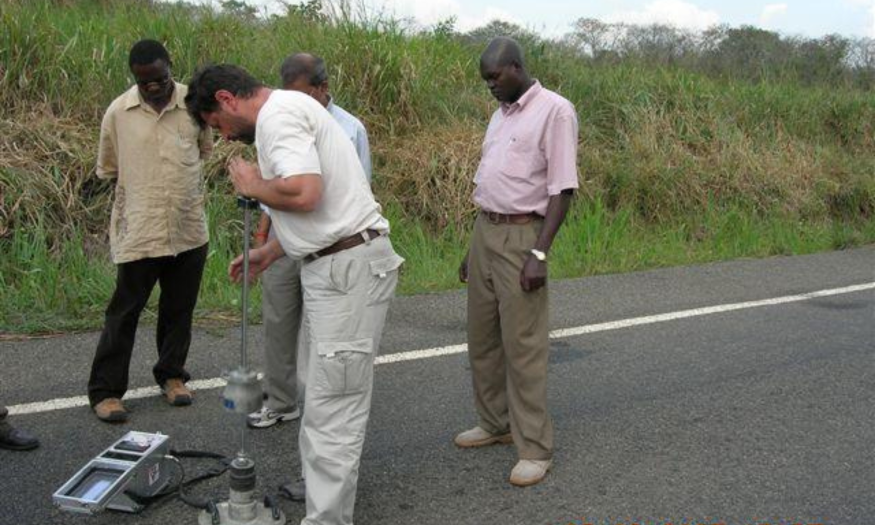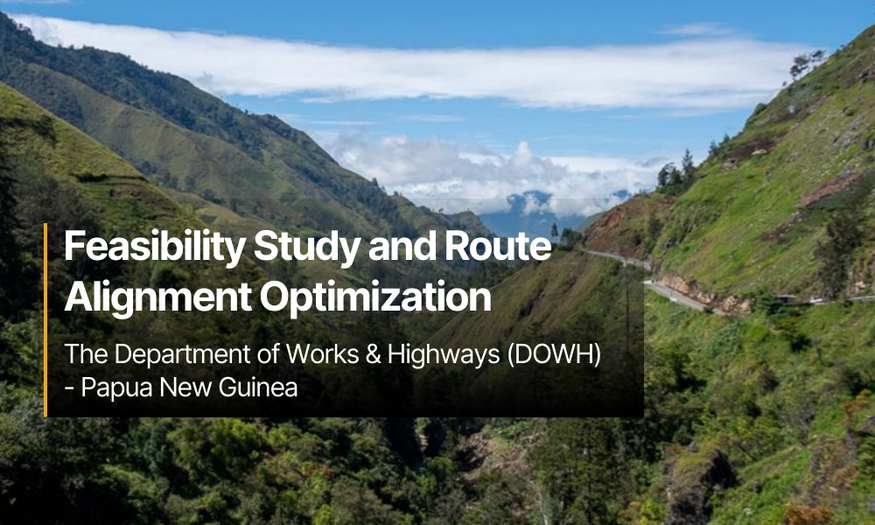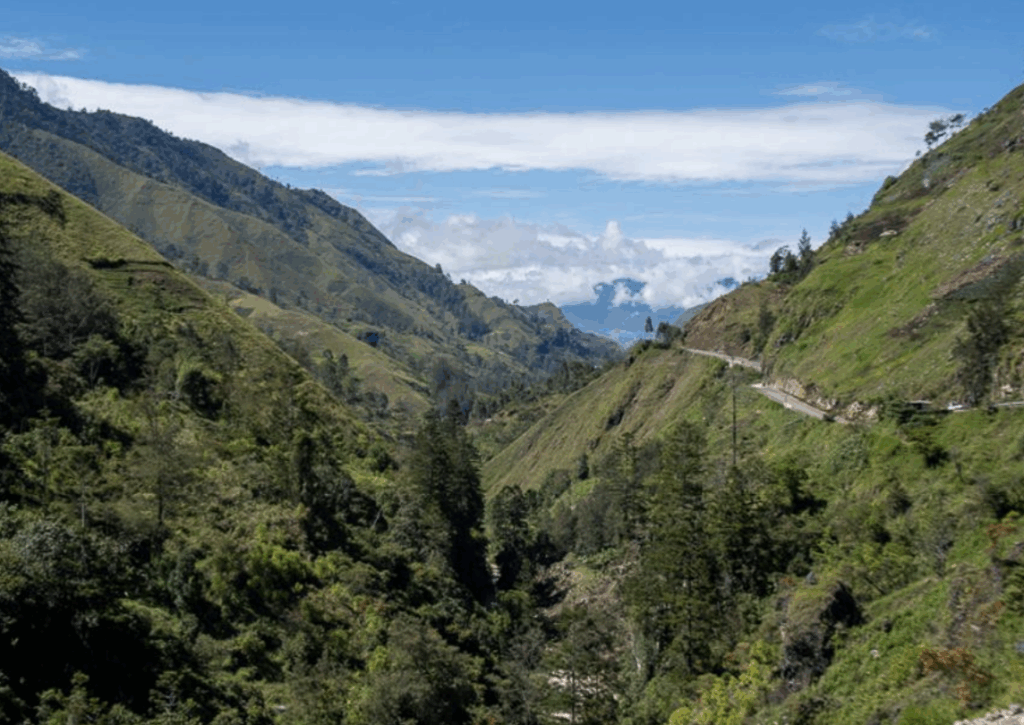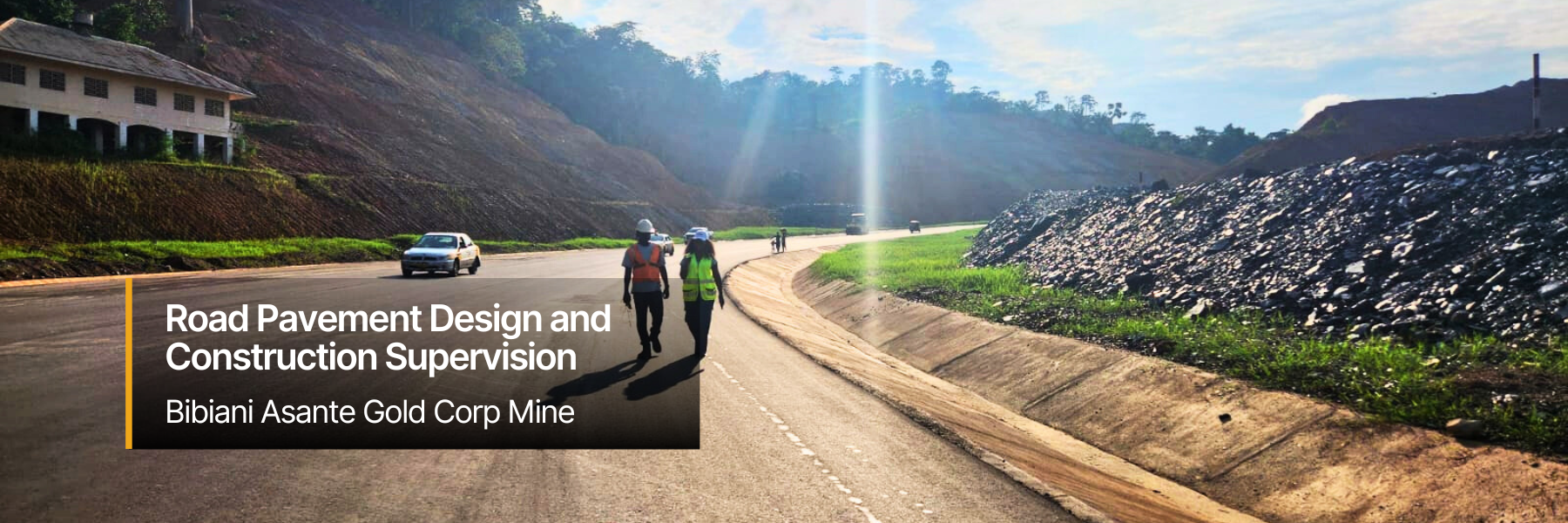
Road Pavement Design and Construction Supervision
Bibiani Asante Gold Corp Mine
Project Objective:
With rising gold prices and pressure to increase production, Asante Gold Bibiani Limited (AGBL) sought to extend the lifecycle of an existing gold mine site to one of the additional licensed sites it has under its concession.
The main road through the mine area needed to be realigned to expand the mine’s operations. As the road is a national highway, the Ministry of Roads and Highways supervised the project through the Ghana Highway Authority (GHA). The project was approved on the condition that a 1.5km bypass road be constructed to facilitate traffic flow and allow local communities to use the main road. The mine designed and financed the 1.5km bypass.
The Challenge
The new bypass road needed to be open before the section of the main road could be closed to allow for the mine expansion. AGBL and the Ministry of Roads and Highways were under pressure to complete the bypass to open the main road and allow access to the mine from the new site. The schedule and construction time for the project were tight, and, as an added challenge, it coincided with the rainy season. Ghana Highways Authority supervised the project under the Ministry, while AGBL was responsible for the design and construction.
Given the mountainous terrain and intense climate events, there was a need to enhance the pavement climate resiliency of the bypass section so that it could withstand heavy rainfall and the consistent traffic of heavy mining trucks and equipment. However, the surplus materials available for the project did not meet the GHA specifications for highways. Importing materials from distant sites would have caused delays, resulting in economic consequences for AGBL and creating pressure on the ministry from local communities.
Our Role
AnyWay Solutions was called by the Mine’s design team to assist in developing a solution that would allow the use of locally available materials and enhance climate resilience through a robust pavement structure. After conducting a series of materials investigations and evaluating various options, AnyWay’s engineering team recommended that the substandard available materials be stabilized using a classium-driven stabilizer that was developed by AnyWay Solutions, ANSS. A new pavement design was created for the project. AfricanBagg / Landmark was assigned to construct the newly designed pavement structure for the road, while AnyWay would supervise the works. The drainage system and road surfacing were designed by Dovetech Engineering.
AnyWay’s Ghana team supervised the construction of the newly designed stabilized pavement layers and oversaw the construction of the drainage elements as per Dovetech’s designs.
The Results
The construction works were executed around the clock to meet the aggressive schedule. The use of AnyWay’s design and technology, ANSS, to enhance the road pavement’s climate resilience resulted in a robust pavement and a project completed on time and to the highest quality standards. The construction team pressed on to meet the schedule despite the rains that prevailed nearly daily. AnyWay’s team oversaw construction and quality control to ensure the project’s speedy delivery.
Added value from AnyWay Solutions
AnyWay’s comprehensive approach to engineering design expanded the range of practical solutions available to the GHA and AGBL for addressing similar challenges on additional roads now planned as part of the relocation of communities.
Through these designs and solutions, AnyWay not only completed the project on time but also introduced climate-resilient solutions to the Ministry and the Mine.
This design approach directly contributes to achieving 7 of the 17 Sustainable Development Goals (SDGs) by fostering resilient infrastructure, promoting sustainable economic growth, and improving access to essential services in one of the country’s most important regions.
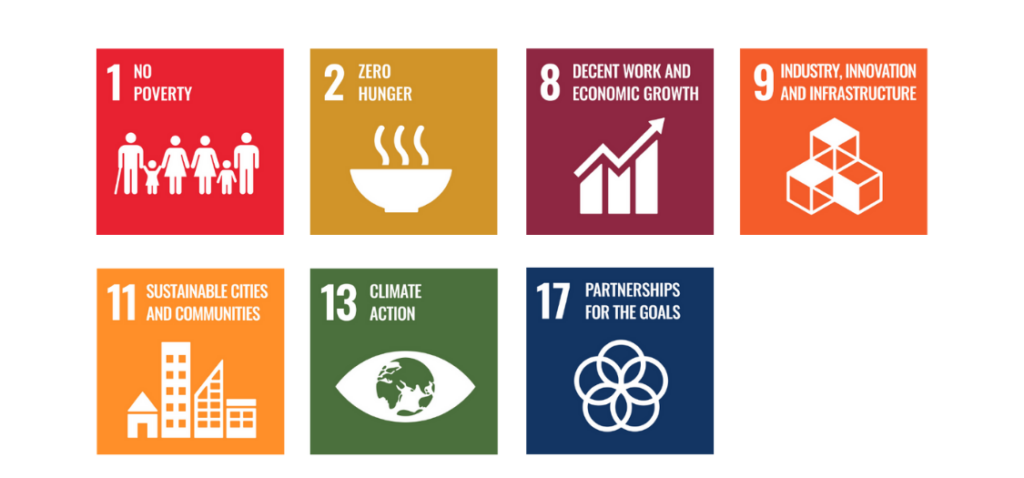
*The Gold mine at Bibiani, Ghana, is managed and operated by Asante Gold Bibiani Limited (AGBL), a wholly owned Ghanaian subsidiary of Asante Gold Corporation. The Ghanaian Government carries a 10% non-equity free carry in the Bibiani Mine.


